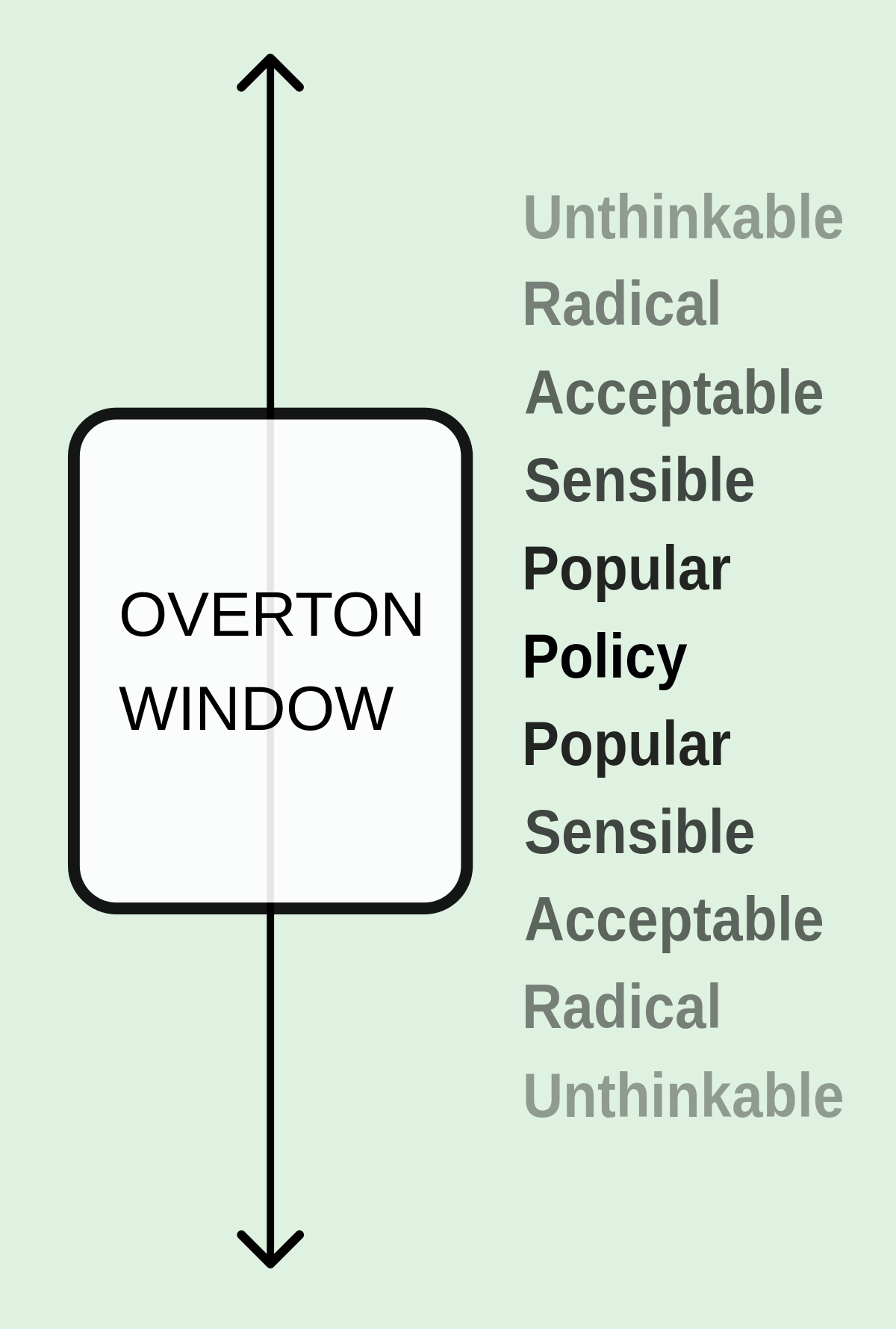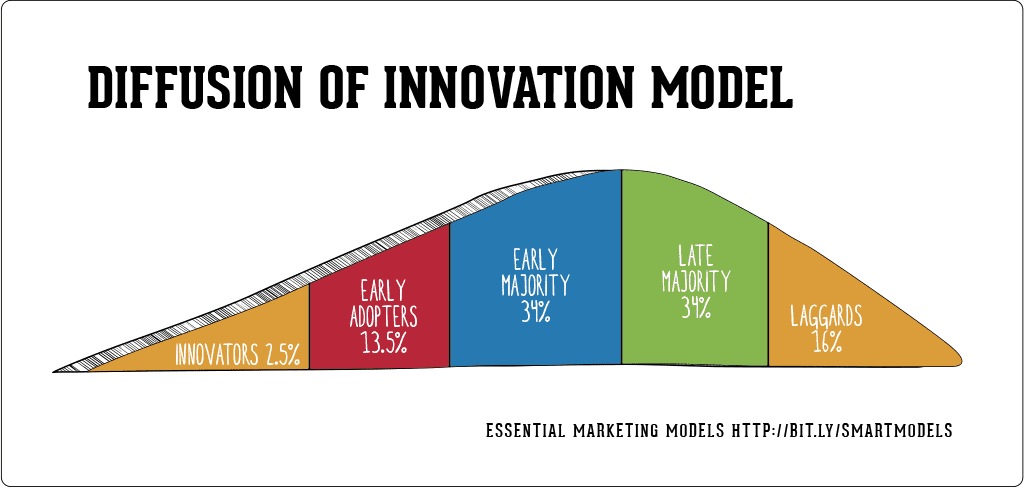Technological advancement is key in the progression of human history. For it has been a part of our story since the Bronze Age. This has helped us go from wild beasts to a tamed and civilized species. We wouldn't be where we are today without technology, though with all good things, it does come at a price. We've been able to make remarkable innovations, especially over the last century, but as we are currently realizing, there are many consequences that have come with these amazing tools that we have created for ourselves.
It's funny, I watched an interview on Youtube just last night about a 108 year old lady who was being interviewed back in the 1970s. In the video, when asked what has changed in the world, she said everything has changed. Now that was all the way back in the 70s, I wonder what she would say now after seeing everything that's happened since then. Technology advances exponentially, and the difference in technological advancements throughout her entire lifetime might not even be as impressive as what's happened in the last decade.
It hasn't been until recently though that we have really seen the consequences of our advancements. Take this farmer for instance. In this video from 1965, a 107 year old man was interviewed about technological advancements and how they have helped make it far easier for him to farm his crops. He praises these technological advances, saying that while he and many other farmers were skeptical at first, they soon embraced the new inventions and machines, and were able to farm crops much more easily and with less stress to their physical and mental health.
This video made me realize that it's not technology that's bad. Technology is good for us as a species, but it's how these new technologies are applied that decide whether an invention is good or bad for us as a society. Simple machines for things like farming and manufacturing are objectively beneficial for our society, but there's a point where we start asking too much from technology, and that's where the line is drawn. There are things that need to get done, and there's things that we would like to get done. Our needs are the line that has been crossed. for when we need something from technology, we're using it as just another tool, but when we create something just for the fun of it, it can turn into something that consumes us without actually providing a productive service. It can often even hinder our production. Technology is great for increasing proficiency and productivity, but when we ask for more than just productivity, that's where the problems start to arise.
One of the questions that were posed about this topic concerned some of the side effects that social media poses. The list included the effects of ghosting, cyberbullying, and revenge porn, but there's one side effect that's not listed, which in my opinion might be the most important. The side effect I am referring to is the effect of loneliness that can be created in the minds of users. This is an effect created by users who frequently interpret what they see on screen as a perfect picture of reality. This effect is not rare though, as it is a part of the basis that makes social media so intriguing. It's an escape from reality that can show you the wonders of the world, but when someone spends too much time on social media, it can create an effect that this escape is actually an accurate portrayal of all of reality. This can give people a sense of FOMO and make them think that their lives are exponentially less exciting than the ones of every single person that they see on social media. Not only can this create a feeling of depression for the user, but it also causes the user to isolate themselves the more that they use it, and this is where the real issue lies.
One game of chess is fine, but entertainment can be addicting, especially for people who are living objectively crappy lives. One game leads to two, two games leads to four, and then next thing you know, you wake up everyday and the first and only thing on your mind is playing chess. Nothing else in the world gives you as much happiness as chess, so you keep going back to it. You then get caught up in the game, and this can cause you to isolate yourself, as playing chess is the only thing that matters. So if this is the case, why would one bother talking about boring, non-chess related things with other people? It gets to a point where human interaction is not nearly as important to that person's life because it doesn't effect the thing that's most important to them; the game of chess. This becomes a problem because while you may be getting a stimulation of happiness from chess, it can make you want to stay inside and not interact with people as much. This causes isolation, and every single time, isolation comes with some form of depression.
Not only does the game of chess cause one to waste time that could be better used for something productive, but the effects of loneliness that it causes creates feelings of sadness that only continue to hinder that person's production and make them want to go back to the game of chess even more. This causes the person to fall into a hole, often one that makes them feel trapped and one they feel like they can't get out of. This spirals into that person only finding happiness in their escape, even to the point where their escape becomes a large part of their reality. And this is what social media is doing to kids today.
Not even just kids, this is something that effects everyone. Social media and the internet can bea so much fun and there's so much entertainment on there that it can make one question the point of everything that is outside of that escape. It makes people stop being productive, and stop interacting with others. If being productive in the real world and interacting with others in the real world doesn't effect their primary objective, which in this case would be the escape of social media, then why should they bother taking the time to do those things? This becomes a problem when people make their entertainment become the primary objective, instead of making it the reward. They can strive to get more likes or be awed by the contents on social media, but when this becomes the main objective in someone's life, nothing else matters. It is at this point that technology starts to become a problem instead of a solution.

If we want to continue this exponentially amazing progression of technology that we have been continuing throughout our history, it is CRUCIAL to keep in mind that we must not get too caught up in the wonders of technology, and make sure to maintain our primary objective of continuing the creation of the new technologies that are up next. By practicing this, we can enjoy our new inventions, but still be productive, and be able to keep interacting with others in order to create even more advanced inventions. Interacting is the key word in that sentence because without others, we wouldn't be able to get anything accomplished. Because of this, we must not get too drawn in to the wonders of our technologies, and keep our focus on what's important; interacting with others and keeping good relationships with friends and family, while staying productive and using our new tools to continue creating a more productive and impressive society.













